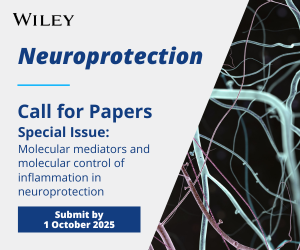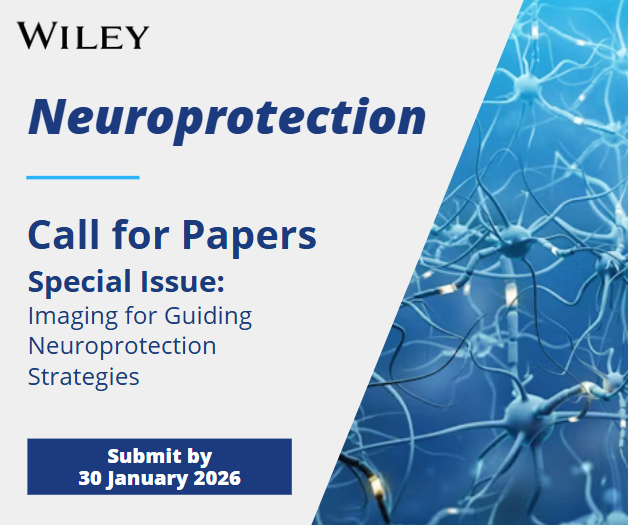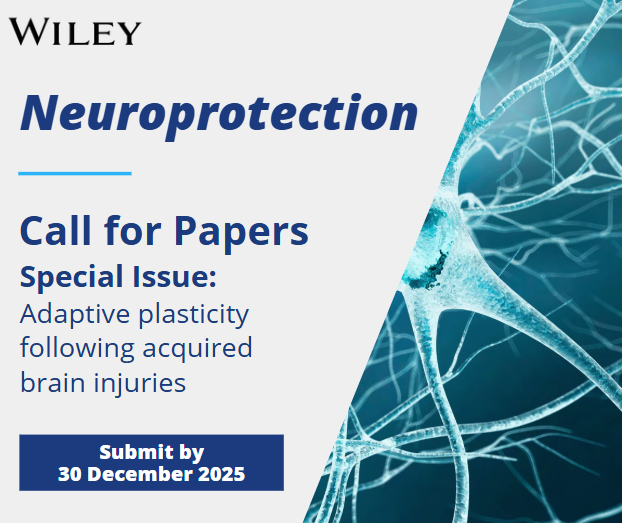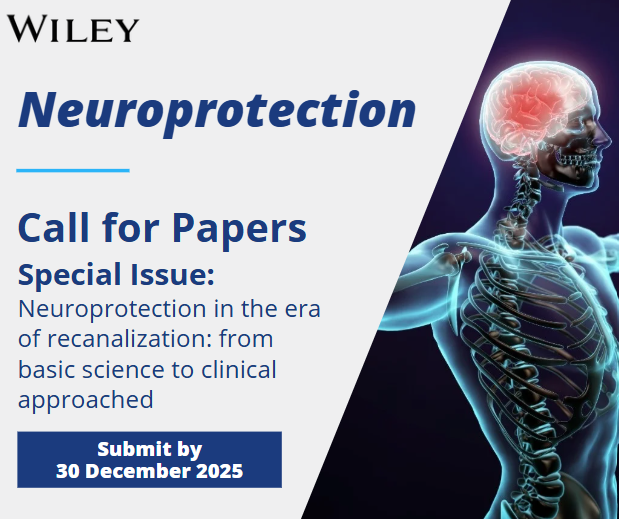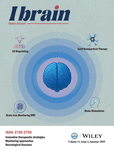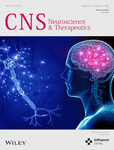Call for Papers
Molecular mediators and molecular control of inflammation in neuroprotection
Submission deadline: Wednesday, 1 October 2025
Inflammation is a complex biological response that can either protect or harm neural tissues, depending on its duration, intensity, and context. While acute inflammation is essential for combating infections and initiating tissue repair, chronic inflammation is a hallmark of many neurodegenerative diseases, such as Alzheimer's disease, Parkinson's disease, stroke, multiple sclerosis, and amyotrophic lateral sclerosis (ALS). Understanding the molecular mechanisms that regulate inflammation in the CNS is critical for developing targeted therapeutic strategies to promote neuroprotection and mitigate neuroinflammation-related damage.
Inflammation in the CNS is mediated by a variety of immune cells, including microglia, astrocytes, and infiltrating peripheral immune cells. These cells release pro-inflammatory cytokines, chemokines, and reactive oxygen species (ROS) that can either aid in tissue repair or exacerbate neuronal damage. For instance, microglia, the resident immune cells of the brain, play a pivotal role in surveilling the CNS environment and responding to injury or infection. However, their chronic activation can lead to the release of neurotoxic factors, contributing to neuronal death and synaptic loss. Similarly, astrocytes, which normally support neuronal function, can become reactive under inflammatory conditions, releasing factors that disrupt the blood-brain barrier (BBB) and promote neurodegeneration. Understanding the molecular switches that control the transition from protective to harmful inflammation is a key focus of this Special Issue.
The molecular control of inflammation involves balancing pro-inflammatory and anti-inflammatory signals to promote neuroprotection. Key mechanisms include: 1) Anti-inflammatory cytokines: Such as IL-10 and TGF-β etc., which play crucial roles in dampening inflammation and promoting tissue repair. 2) Resolution of inflammation: Such as lipoxins, resolvins, and protectins, actively resolve inflammation and restore tissue homeostasis. 3) Autophagy and mitophagy: These cellular processes clear damaged organelles and protein aggregates, reducing the release of DAMPs and suppressing inflammasome activation. 4) Epigenetic regulation: DNA methylation, histone modification, and chromatin remodelling influence the expression of inflammatory genes, offering potential therapeutic targets. 5) Metabolic reprogramming: Immune cells undergo metabolic shifts during inflammation, and targeting these pathways can modulate their function. For example, shifting microglia from a pro-inflammatory (M1) to an anti-inflammatory (M2) phenotype can promote neuroprotection.
Accordingly, understanding the molecular mediators and control mechanisms of inflammation opens new avenues for therapeutic intervention. Potential strategies include: 1) Targeting inflammasomes: Inhibiting NLRP3 inflammasome activation has shown promise in preclinical models of neurodegenerative diseases. 2) Modulating cytokine signaling: Blocking pro-inflammatory cytokines or enhancing anti-inflammatory cytokines can restore immune balance. 3) Enhancing resolution pathways: Promoting the production of SPMs can accelerate the resolution of inflammation and reduce tissue damage. 4) Epigenetic modulators: Drugs that alter DNA methylation or histone acetylation can fine-tune inflammatory gene expression. 5) Metabolic interventions: Reprogramming immune cell metabolism can shift their phenotype from pro-inflammatory to anti-inflammatory.
This Special Issue aims to provide a comprehensive overview of the molecular mediators and control mechanisms of inflammation in the CNS, with a focus on their role in neuroprotection. By bringing together cutting-edge research and reviews, it seeks to advance our understanding of neuroinflammation and pave the way for innovative therapeutic strategies.
Topics for this call for papers include but are not restricted to:
- Understanding of neuroinflammation and its control mechanisms in neurodegenerative diseases.
- Role of inflammation in stroke, traumatic brain injury (TBI), and spinal cord injury (SCI).
- Molecular pathways of oxidative stress and neuroinflammation in neuroprotection
- Role of autophagy and mitophagy in neuroinflammation and neuroprotection
Guest Editor:
Prof. Haitao Wu
Beijing Institute of Basic Medical Sciences
China
Submission Guidelines/Instructions
Please refer to the Author Guidelines to prepare your manuscript. When submitting your manuscript, please answer the question: "Is this submission for a special issue?" by selecting the special issue title from the drop-down list.
The Article Publication Charges (APCs) are waived until 2026.





